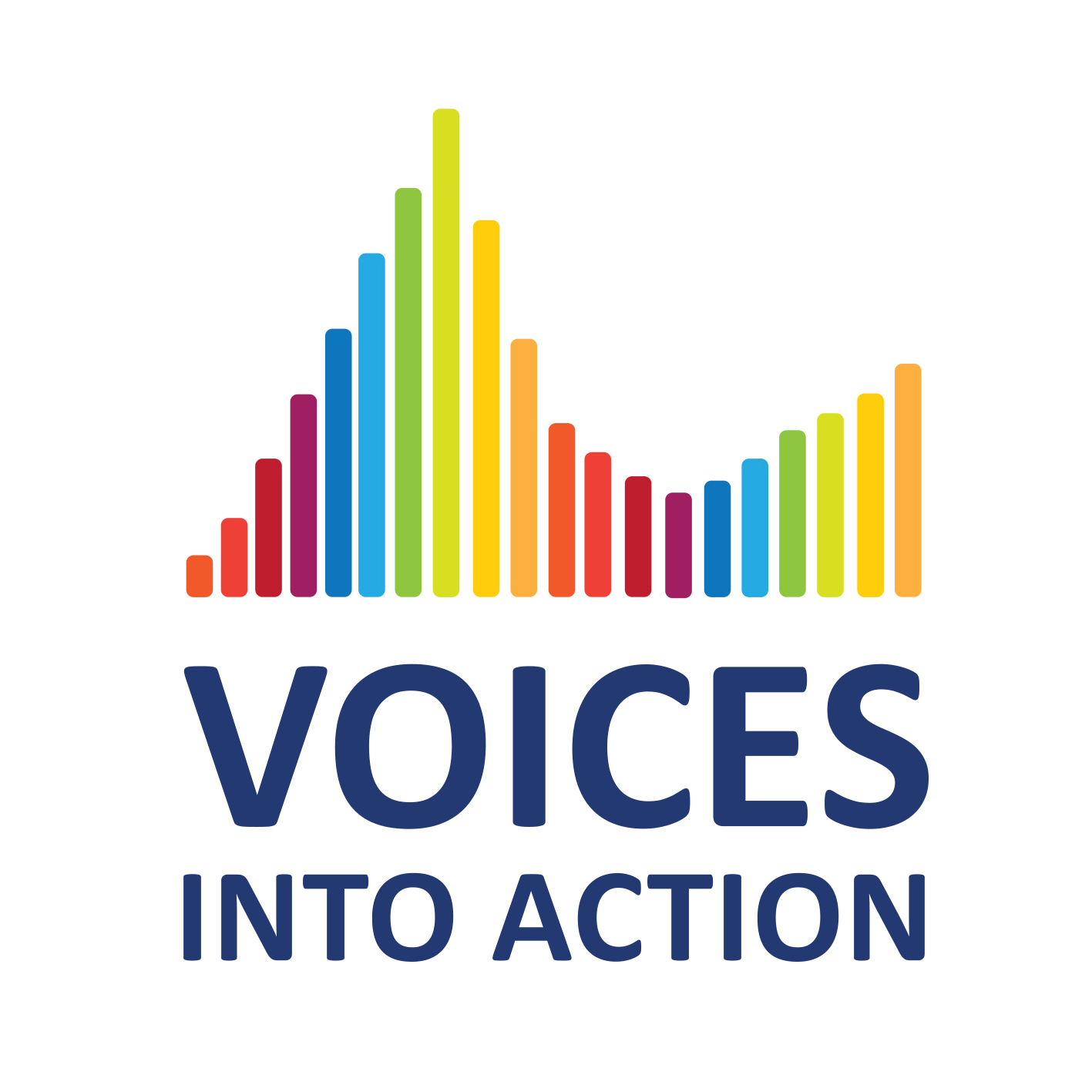Resource library
This area contains resources that are relevant to the VIA Framework, and that stakeholders can consult to inform planning, participation and evaluation processes. Click 'show filters' below to narrow resources down by topic area. Click 'clear filters' to reset your search.
This ‘participatory action research’ project was conducted entirely online and involved a diverse group of young participants. Young people communicated through virtual groups via video calls and an online collaboration platform. This is an insightful example of using technology to create accessible, safe spaces for young people’s participation.
This important guidance document supports educational researchers in conducting research to the highest ethical standards. It applies to work with both children and adults.
This BBC article describes how the Children’s Commissioner for Wales conducted an accessible children’s survey. The survey had different versions according to children’s ages and needs. Using eye-tracking technology, researchers were able to listen to the voices of children with profound learning disabilities.
The initial framework for monitoring and evaluating children’s participation processes is divided into two parts: (1) measuring how different environments enable children’s right to participate and (2) measuring the scope, quality and outcomes of participation processes. The subsequent toolkit supported practical implementation of the framework in a pilot study, which involved evaluating participation programmes around the world. Though the framework and toolkit were developed for this specific study, the principles and practical steps are broadly applicable.
This guiding document promotes ‘procedural compliance with institutional review boards’. It also ‘provokes critical thinking around ethics, and supports reflexivity in ethical decision-making throughout the research process’. The guidance is split into four areas:
- Harms & Benefits
- Privacy & Confidentiality
- Informed Consent
- Payment & Compensation
This assessment tool supports European countries in meeting the goals of the Recommendation on the participation of children and young people under the age of 18. Outlining 10 key indicators, it enables countries to:
- reflect on their current implementation of the Recommendation;
- identify gaps and further measures needed to comply with the Recommendation;
- measure progress over time.
This resource draws from underpinning materials such as the United Nations Convention on the Rights of the Child, Lundy’s model and UNICEF’s four modes of participation to create a framework specific to adolescents. Though it does not strictly define adolescence, it refers to young people between 10 and 18 years old, who face unique challenges when it comes to participation and inclusion.
This QUT project emphasises voice-inclusive practice, which ‘places children at the centre of inquiry and ensures decision-making processes are informed by an ongoing and open dialogue with children on matters affecting them’. On this webpage, you can learn ways that teachers, schools and other education stakeholders can create voice-inclusive opportunities for learners to participate in education decision-making.
The non-governmental organisation World Vision created this document to provide guidance for internal teams and partners involved in child participation initiatives. The guidelines are meant to ensure safe and meaningful child participation and foster inclusive attitudes towards children as key to decision-making processes.

